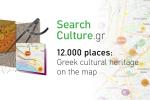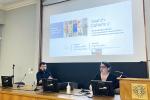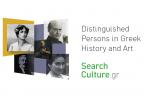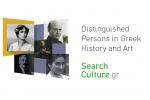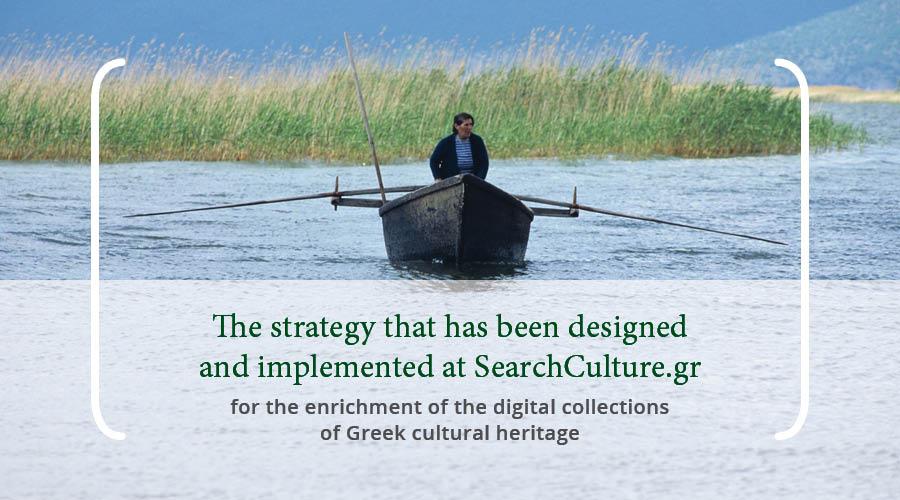
The focus of the webinar, which was organised by the National Documentation Centre and Europeana, were the challenges faced by national and thematic cultural aggregators in their efforts to offer the best search and navigation features, considering the vast volume of heterogeneous data they collect..
Cultural content aggregators incorporate collections from museums, libraries, archives, tax offices and cultural organisations in general, which vary greatly in the way they describe dates and historical periods, types and subjects, geographical information, persons and organisations, etc.
The vast volume of heterogeneous data is a plus, because it means that users are more likely to find answers to their questions. However, it is also a ‘headache’ for aggregators, as it requires designing and implementing ways that will make searching and navigating simple and easy for users. To do this, aggregators have different strategies. In the case of some of the most commonly spoken languages, such as English, German and French, there are rich ready-made glossaries and structured vocabularies that can be used instantly to homogenize and enrich their data.
Dr. Haris Georgiadis, technical development manager of the national platform for cultural data aggregation, SearchCulture.gr, and Agathi Papanoti, archaeologist, in charge of the semantic enrichment of the platform, presented the strategy that has been designed and implemented at SearchCulture.gr for the enrichment of the digital collections of Greek cultural heritage.
SearchCulture.gr follows an integrated process of data enrichment, which combines systematic scientific editing, with the use of automation tools for the semantic enrichment of collections of the types of documents, dates and historical periods, as well as topics. Standardized vocabularies, such as the UNESCO Dictionary of Terms, were used and augmented with new terms that correspond to the range, variety and uniqueness of Greek collections. The resulting bilingual, hierarchical vocabulary of 1,900 terms is used to enrich all of SearchCulture.gr's documents.
Semantic enrichment is carried out using the Semantics.gr tool developed by EKT, which also hosts vocabularies as Linked Data. The tool is designed to “remember” new matching terms, so it is constantly ”trained” and it improves.
The vocabularies developed are bilingual, which allows SearchCulture,gr to offer the same search and navigation features both for Greek-speaking and English-speaking audiences. By preserving the original documentation content providers made availablee, and adding a layer of semantic enrichment SearchCulture.gr offers added value by providing users with additional search and navigation tools based on types, dates, historical periods and themes.
Semantic enrichment also allows for complex searches, such as ‘Pottery’ (resource type) and ‘classical antiquity’ (historical period). It also allows forthe creation of thematic exhibitions at SearchCulture.gr, curated gateways into the content. EKT’s strategy focuses on achieving greater scientific accuracy, cleaner, better data and robustness of enrichment.
The webinar was attended by about 35 representatives of national and major thematic aggregators participating in the Common Culture project, which organized the webinar. The project aims to exchange know-how and good practices between national aggregators in Europeana and increase the high quality content available..
You can find the presentation video here.












